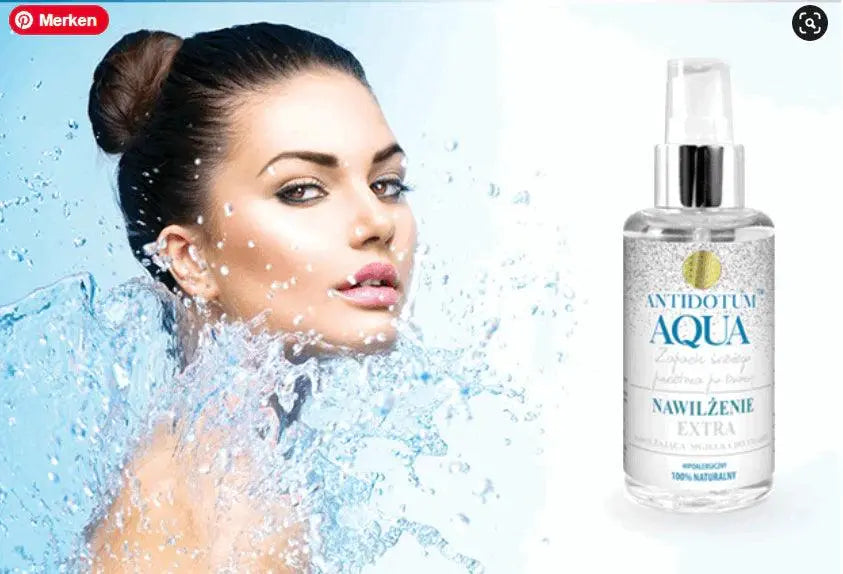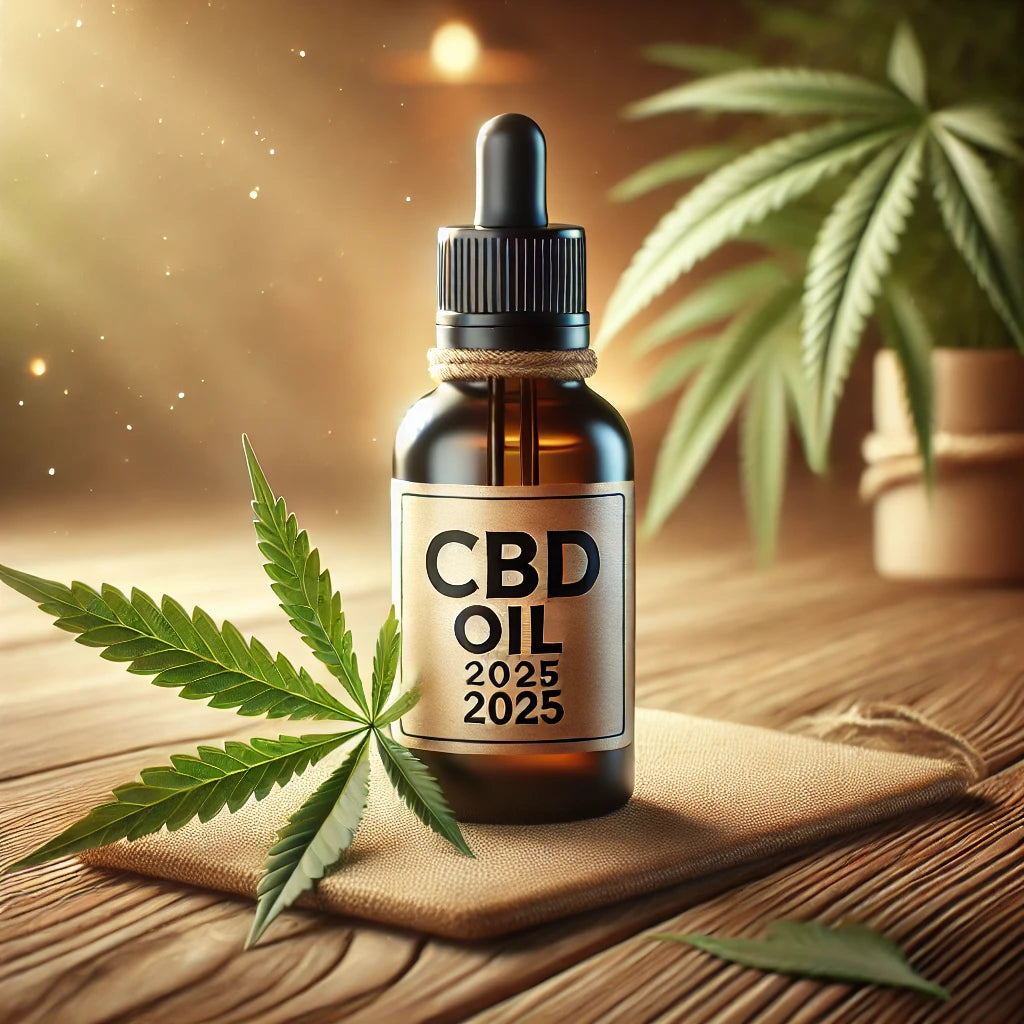Home
Hypoallergenic skin regeneration
Antidotumaqua: How to provide your skin with the moisture it needs

Antidotumaqua: How to provide your skin with the moisture it needs
Healthy, hydrated skin is essential for a radiant complexion. Our skin is the body's largest organ and is the first line of defense against external factors such as irritants, allergens, germs and environmental damage. Proper levels of hydration allow skin to remain supple and smooth, maintain a youthful appearance and function optimally.
When skin becomes dry and dehydrated, it loses its elasticity and is prone to problems such as flaking, cracking, redness and itching. A lack of moisture can be caused by both internal and external causes. Internally, health problems or aging can reduce the natural sebum production and moisture in the skin. Externally, factors such as cold, dry air, harsh soap, hot water and excessive washing remove protective lipids and dehydrate the skin. Maintaining proper hydration is key to maintaining skin integrity and beauty.
Problems with dry skin
Dry skin is a very common problem that affects people of all ages. There are several possible causes of dry, flaky and itchy skin:
Weather-Cold and dry air in winter can wick moisture away from the skin. Hot showers and baths in winter also contribute to water loss. The dry summer climate and high heat cause sweating, which dries out the skin.
Genetics-Some people simply tend to have drier skin. The genes you inherited from your parents determine the amount of natural oils your skin produces. People with naturally oily skin tend to have fewer problems with dryness.
Aging-As we age, the skin produces less sebum and recovers more slowly. Oil loss leads to drying. Older people often suffer from very dry and itchy skin.
Medications-Certain medications such as diuretics, antihistamines, retinoids, and acne medications can cause dryness as a side effect. Always check medication labels for side effects associated with drying.
Skin conditions-Skin conditions such as eczema, psoriasis and dermatitis damage the skin barrier, leading to symptoms such as dryness, scaling, redness and itching.
Frequent washing/bathing – Frequent washing with harsh soaps strips natural oils from the skin. If possible, limit baths and showers to once a day.
Knowing what causes dry skin can help you take steps to prevent it. Protecting the skin barrier is key to maintaining hydration.
Signs of dry skin
Dry skin can manifest itself in a variety of ways. Here are some of the most common symptoms of dry skin:
Peeling-occurs when dry skin begins to shed dead skin cells. Flaky skin has a rough texture and may look flaky or ashy. Peeling skin is often most noticeable on the face, arms and legs.
Tightness-Dry skin often causes a feeling of tightness and discomfort. The skin may be stretched or tight, especially around joints such as knees and elbows. Tight skin can limit mobility and cause discomfort.
Irritation/Inflammation - A lack of moisture makes the skin more susceptible to irritation and inflammation caused by soap, detergents and cold weather. Redness, itching and sensitive skin are common symptoms of dryness.
Cracks/Fissures - Extremely dry skin can become so fragile that it cracks or rips. The cracks allow moisture to leak out and germs to penetrate, making it vulnerable to infection. Cracks often form on the arms, legs, lips, and heels.
Dull-dry skin lacks a lipid barrier that gives it a plump, flexible and luminous appearance. Dry skin often looks dull, rough and lifeless. The complexion can appear earthy and tired.
Paying attention to these common symptoms of dry skin can help you catch dehydration early before it gets worse. Immediately eliminating dryness will help restore comfort, flexibility, and a radiant complexion.
Effects of dry skin
If left untreated, dry skin can lead to many problems. The most common consequences include:
Hypersensitivity-When skin does not have enough moisture, it becomes more sensitive and reactive. Dry skin is more prone to irritation, inflammation and redness due to food, weather and other environmental factors. The loss of natural oils leads to a weakening of the skin's protective barrier.
Accelerated Aging-Hydration helps maintain plump, smooth and youthful skin. Dehydration causes skin to look older because it loses elasticity and resilience. Fine lines and wrinkles become more visible. Lack of moisture can also contribute to dark spots and discoloration.
Skin conditions such as eczema, psoriasis, ichthyosis worsen with dryness. A disrupted moisture barrier causes redness, itching and flaking. Keeping your skin moisturized can help control and improve these conditions. Xerosis or severe dry skin can also develop as a result of dehydration.
Maintaining a healthy moisture balance is crucial to the appearance and comfort of your skin. Dryness not only causes discomfort, but can also lead to a range of problems, from irritation to premature aging. Proper hydration provides the necessary protection and health of the skin.
Product overview of Antidotumaqua
Antidotumaqua is an enhanced facial moisturizer designed to deeply hydrate dry, irritated skin. This product features a single-component formula of natural ionized aerosol water, making it the ideal solution for those looking for a natural and effective way to moisturize the skin.
Main features and benefits of Antidotumaqua
Natural composition-The antidote contains only ionized water, which minimizes the risk of irritation and allergic reactions.
Deep dehumidification-Ionized water effectively penetrates deeper skin layers
When skin becomes dry and dehydrated, it loses its elasticity and is prone to problems such as flaking, cracking, redness and itching. A lack of moisture can be caused by both internal and external causes. Internally, health problems or aging can reduce the natural sebum production and moisture in the skin. Externally, factors such as cold, dry air, harsh soap, hot water and excessive washing remove protective lipids and dehydrate the skin. Maintaining proper hydration is key to maintaining skin integrity and beauty.
Problems with dry skin
Dry skin is a very common problem that affects people of all ages. There are several possible causes of dry, flaky and itchy skin:
Weather-Cold and dry air in winter can wick moisture away from the skin. Hot showers and baths in winter also contribute to water loss. The dry summer climate and high heat cause sweating, which dries out the skin.
Genetics-Some people simply tend to have drier skin. The genes you inherited from your parents determine the amount of natural oils your skin produces. People with naturally oily skin tend to have fewer problems with dryness.
Aging-As we age, the skin produces less sebum and recovers more slowly. Oil loss leads to drying. Older people often suffer from very dry and itchy skin.
Medications-Certain medications such as diuretics, antihistamines, retinoids, and acne medications can cause dryness as a side effect. Always check medication labels for side effects associated with drying.
Skin conditions-Skin conditions such as eczema, psoriasis and dermatitis damage the skin barrier, leading to symptoms such as dryness, scaling, redness and itching.
Frequent washing/bathing – Frequent washing with harsh soaps strips natural oils from the skin. If possible, limit baths and showers to once a day.
Knowing what causes dry skin can help you take steps to prevent it. Protecting the skin barrier is key to maintaining hydration.
Signs of dry skin
Dry skin can manifest itself in a variety of ways. Here are some of the most common symptoms of dry skin:
Peeling-occurs when dry skin begins to shed dead skin cells. Flaky skin has a rough texture and may look flaky or ashy. Peeling skin is often most noticeable on the face, arms and legs.
Tightness-Dry skin often causes a feeling of tightness and discomfort. The skin may be stretched or tight, especially around joints such as knees and elbows. Tight skin can limit mobility and cause discomfort.
Irritation/Inflammation - A lack of moisture makes the skin more susceptible to irritation and inflammation caused by soap, detergents and cold weather. Redness, itching and sensitive skin are common symptoms of dryness.
Cracks/Fissures - Extremely dry skin can become so fragile that it cracks or rips. The cracks allow moisture to leak out and germs to penetrate, making it vulnerable to infection. Cracks often form on the arms, legs, lips, and heels.
Dull-dry skin lacks a lipid barrier that gives it a plump, flexible and luminous appearance. Dry skin often looks dull, rough and lifeless. The complexion can appear earthy and tired.
Paying attention to these common symptoms of dry skin can help you catch dehydration early before it gets worse. Immediately eliminating dryness will help restore comfort, flexibility, and a radiant complexion.
Effects of dry skin
If left untreated, dry skin can lead to many problems. The most common consequences include:
Hypersensitivity-When skin does not have enough moisture, it becomes more sensitive and reactive. Dry skin is more prone to irritation, inflammation and redness due to food, weather and other environmental factors. The loss of natural oils leads to a weakening of the skin's protective barrier.
Accelerated Aging-Hydration helps maintain plump, smooth and youthful skin. Dehydration causes skin to look older because it loses elasticity and resilience. Fine lines and wrinkles become more visible. Lack of moisture can also contribute to dark spots and discoloration.
Skin conditions such as eczema, psoriasis, ichthyosis worsen with dryness. A disrupted moisture barrier causes redness, itching and flaking. Keeping your skin moisturized can help control and improve these conditions. Xerosis or severe dry skin can also develop as a result of dehydration.
Maintaining a healthy moisture balance is crucial to the appearance and comfort of your skin. Dryness not only causes discomfort, but can also lead to a range of problems, from irritation to premature aging. Proper hydration provides the necessary protection and health of the skin.
Product overview of Antidotumaqua
Antidotumaqua is an enhanced facial moisturizer designed to deeply hydrate dry, irritated skin. This product features a single-component formula of natural ionized aerosol water, making it the ideal solution for those looking for a natural and effective way to moisturize the skin.
Main features and benefits of Antidotumaqua
Natural composition-The antidote contains only ionized water, which minimizes the risk of irritation and allergic reactions.
Deep dehumidification-Ionized water effectively penetrates deeper skin layers
Share


